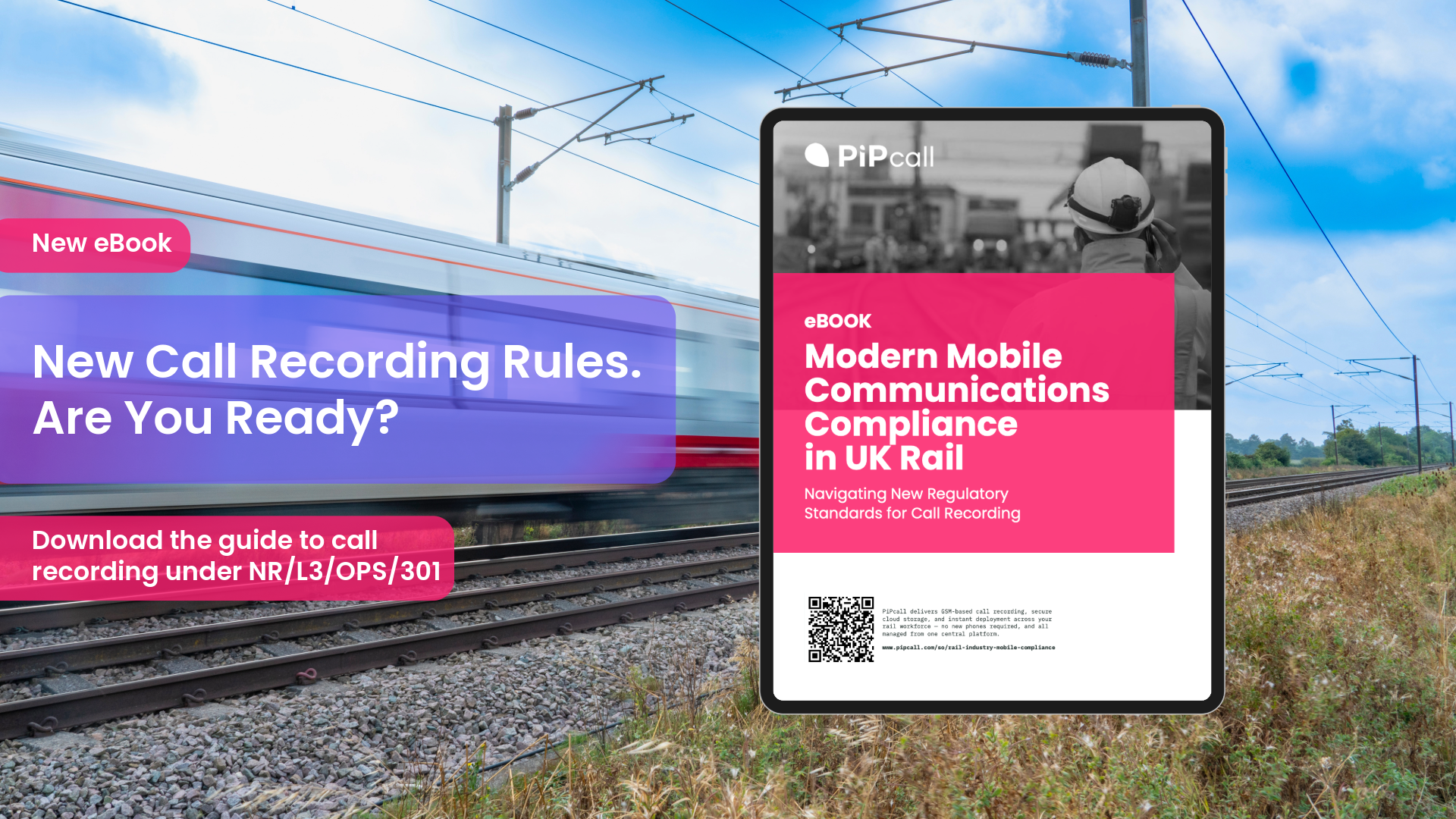As healthcare organisations increasingly adopt mobile technology to enhance patient care and operational efficiency, ensuring data security and regulatory compliance remains crucial. eSIM technology offers a versatile solution for secure, mobile connectivity in healthcare environments, particularly under the strict guidelines of HIPAA (Health Insurance Portability and Accountability Act). This article explores the use of eSIMs in healthcare, focusing on secure data transmission and compliance strategies to meet HIPAA standards.
The Use of eSIMs in Healthcare for Secure Data Transmission
Enabling Real-Time, Secure Data Access
eSIMs, or embedded SIMs, offer a digital alternative to physical SIM cards, allowing healthcare providers to enable mobile connectivity across a range of devices such as tablets, wearable monitors, and medical IoT devices. This is particularly valuable in healthcare settings where real-time access to patient information is critical. eSIMs facilitate secure, always-on connections, ensuring that healthcare workers can access necessary data without delays, which is essential for time-sensitive treatments.
Enhancing Security with Encrypted Data Transmission
Data security is a top priority for healthcare organisations, and eSIM technology provides several built-in security benefits. Unlike physical SIMs, eSIMs are embedded directly into the device, making them more tamper-resistant and less prone to loss or theft. Additionally, eSIMs support secure communication protocols and encryption, which safeguard sensitive patient data during transmission. This compliance with HIPAA’s stringent security standards helps to minimise the risk of data breaches.
Streamlining BYOD Policies in Healthcare
The flexibility of eSIMs also aligns well with Bring Your Own Device (BYOD) policies, allowing healthcare providers to offer secure, manageable connectivity across personal devices. By leveraging PiPcall’s Mobile+ solution alongside eSIMs, healthcare organisations can securely assign work profiles to healthcare professionals’ devices without compromising patient privacy or data security. This approach reduces device costs while ensuring all mobile connections remain HIPAA-compliant.
Compliance Strategies for Healthcare Providers Using eSIM Technology
Understanding HIPAA’s Requirements for Mobile Communication
HIPAA requires healthcare providers to implement safeguards for the protection of patient data, particularly for electronic protected health information (ePHI) shared over mobile devices. eSIM technology facilitates compliance by enabling secure, encrypted communication channels for data sharing. Healthcare organisations must ensure that all eSIM-enabled devices have appropriate security controls, including secure access protocols, to prevent unauthorised access to sensitive information.
Implementing Mobile Device Management (MDM) Systems
For healthcare providers, managing mobile devices with eSIMs can be streamlined through Mobile Device Management (MDM) systems. MDM platforms allow organisations to control, monitor, and secure devices remotely, providing visibility into data usage and connectivity status across their network. By integrating PiPcall’s solutions with an MDM system, healthcare providers can further strengthen their security posture, ensuring that each eSIM-enabled device is compliant with HIPAA’s regulations.
Remote Provisioning and Deactivation for Improved Compliance
One of the advantages of eSIM technology is the ability to manage devices remotely. In situations where a healthcare worker’s device is lost, stolen, or no longer in use, eSIMs can be remotely deactivated to prevent unauthorised access. This capability helps healthcare organisations maintain strict control over mobile devices, ensuring that all connections to patient data are compliant with HIPAA and other relevant regulations.
Why eSIMs Are an Ideal Choice for Healthcare Providers
Ensuring Secure and Reliable Connectivity
For healthcare providers, connectivity is vital. eSIMs offer a reliable and secure solution, enabling uninterrupted access to critical data while meeting compliance requirements. By using eSIMs for healthcare workers, organisations can ensure seamless connectivity across devices, even when staff are on the move or working remotely.
Supporting a Scalable Mobile Strategy
As healthcare organisations grow, they require scalable solutions that can adapt to changing needs. PiPcall’s approach to supporting growing businesses—beginning with flexible BYOD solutions and evolving to robust eSIM and Mobile+ options—allows healthcare providers to scale their mobile strategy without compromising security. This enables both small clinics and large hospitals to benefit from compliant mobile technology that meets HIPAA standards.
In conclusion, eSIMs offer a secure, compliant solution for healthcare organisations looking to enhance mobility, protect patient data, and maintain HIPAA compliance. With features such as encrypted transmission, remote management, and integration with MDM, eSIM technology is well-suited to the unique challenges faced by healthcare providers.


.png)
.png)



